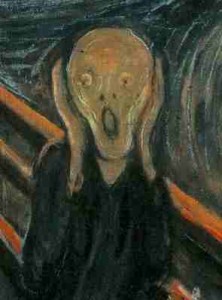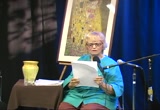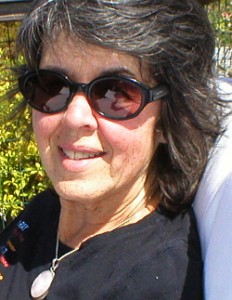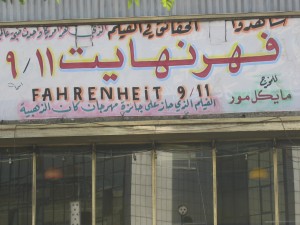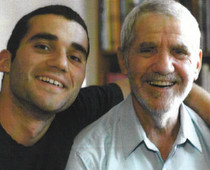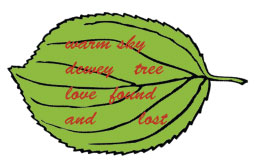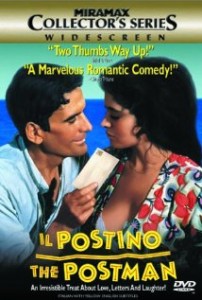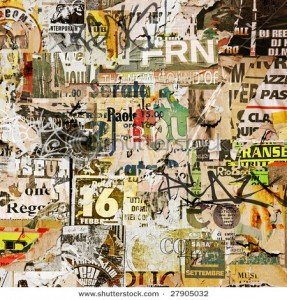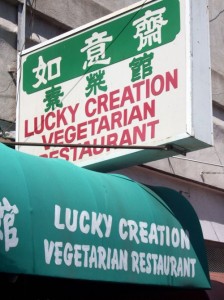 Garlic, green onion and cilantro are considered to be foul-scented ingredients. They are not used in a true Chinese vegetarian restaurant, like Lucky Creation, located on Washington Street in Chinatown. On the back of the hole-in-the-wall place is an elaborate alter filled with flowers and fresh fruits for Buddha. Monks and nuns eat there, so do intrepid travelers and locals like me and Dore, who enjoy most of what they serve on the menu.
Garlic, green onion and cilantro are considered to be foul-scented ingredients. They are not used in a true Chinese vegetarian restaurant, like Lucky Creation, located on Washington Street in Chinatown. On the back of the hole-in-the-wall place is an elaborate alter filled with flowers and fresh fruits for Buddha. Monks and nuns eat there, so do intrepid travelers and locals like me and Dore, who enjoy most of what they serve on the menu.
One late night we passed by Lucky Creation. They had already closed. But when they saw us gesturing at them they opened the door and let us in. Ever the hard working people, the cook went back into the kitchen and prepared our dishes while the other workers sat at the round table continued with their dinner. I smelled something unusual, an aroma that I never associated with a vegetarian restaurant. As I looked over to their big table I saw an array of dishes—beef, pork, fish—all real and generously prepared with garlic, green onion and cilantro—not the imitation gluten-meats that they serve to their customers.
“You guys are not vegetarians.” I exclaimed, shocked.
“Of course not.” Said the lady owner. “We’re all meat eaters. It takes a lot of energy to run a restaurant. We need strength.”
“But…but, what does Buddha have to say about this?”
“Oh he understands. We all have to make a living.”
Our noodle dish arrived with crispy puff gluten, three types of mushrooms and a black bean sauce. The little restaurant had turned surreal as I wondered about the fat belly of the golden Buddha. He seemed to be chuckling at us.

